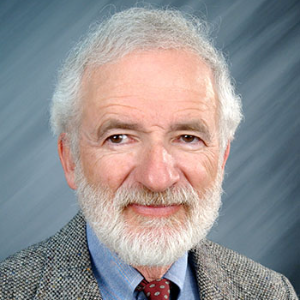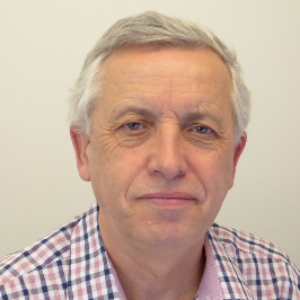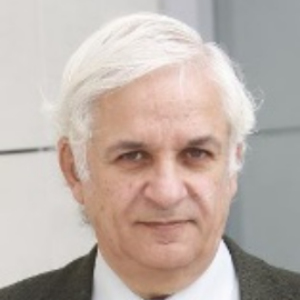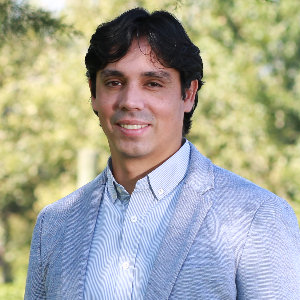Enzymes, Coenzymes and Metabolic Pathways
Enzymes aid in the acceleration of chemical reactions in the human body. They attach themselves to molecules and change them in precise ways. They are required for breathing, digestion, muscle and nerve function, and a variety of other functions. Enzymes are proteins that have been folded into complex structures and are found all over the body. Enzymes are responsible for the chemical reactions that keep us alive - our metabolism. Enzymes catalyse (speed up) chemical reactions; in some situations, enzymes can make a chemical reaction millions of times faster than it would be otherwise. A substrate binds to an enzyme's active site and is transformed into products.
Coenzymes are chemical molecules that are required for catalytic activity by numerous enzymes. Vitamins or vitamin derivatives are frequently used. In the absence of enzymes, they can operate as catalysts, although not as effectively as when used in conjunction with an enzyme. Coenzyme enzyme links, like metal-enzyme linkages, have a range of bond strengths, with the difference between securely attached cofactor (prosthetic group) and weakly bound cofactor being arbitrary. Coenzymes are prosthetic groups that are an important element of an enzyme's active site and undergo no net change when functioning as a catalyst.
Two types of metabolic pathways can be seen in the processes of making and breaking down glucose molecules. A metabolic pathway is a sequence of interrelated biological reactions that convert a substrate molecule or molecules to a final product or products through a number of metabolic intermediates. One metabolic process for carbohydrates, for example, breaks down big molecules into glucose. Another metabolic route could convert glucose into big carbohydrate molecules that can be stored. The first of these processes, known as anabolic, requires energy. The catabolic process, which produces energy, is the second.

Arthur J Nozik
University of Colorado, United States
Stanislaw Dzwigaj
Sorbonne-Universite-CNRS, France
Haibo Ge
Texas Tech University, United States
Ashanendu Mandal
University Of Calcutta, India
Victor Cerda
Sciware Systems, Spain
Tokeer Ahmad
Jamia Millia Islamia, India


Title : Application of metal Single-Site zeolite catalysts in catalysis
Stanislaw Dzwigaj, Sorbonne-Universite-CNRS, France
Title : Designing of nano-sized heterostructures for hydrogen production using overall water splitting
Tokeer Ahmad, Jamia Millia Islamia, India
Title : United Nations’ strategy responding to climate change
Dai Yeun Jeong, Asia Climate Change Education Center, Korea, Republic of
Title : Thermal and mechanical processes and reactions in reversible behavior of shape
Osman Adiguzel, Firat University, Turkey
Title : An innovative magnetic resonance spectroscopic method for catalysts’ activities
Mohamed A Morsy, King Fahd University of Petroleum & Minerals, Saudi Arabia
Title : Engineering stable, expressible, functional industrial enzymes with protein sequence likelihood models
Shawn Reeves, University Of Waterloo, Canada